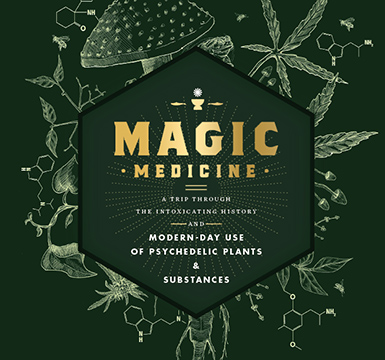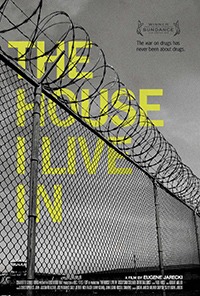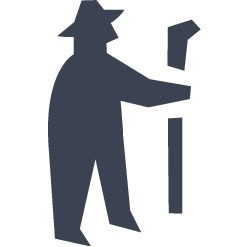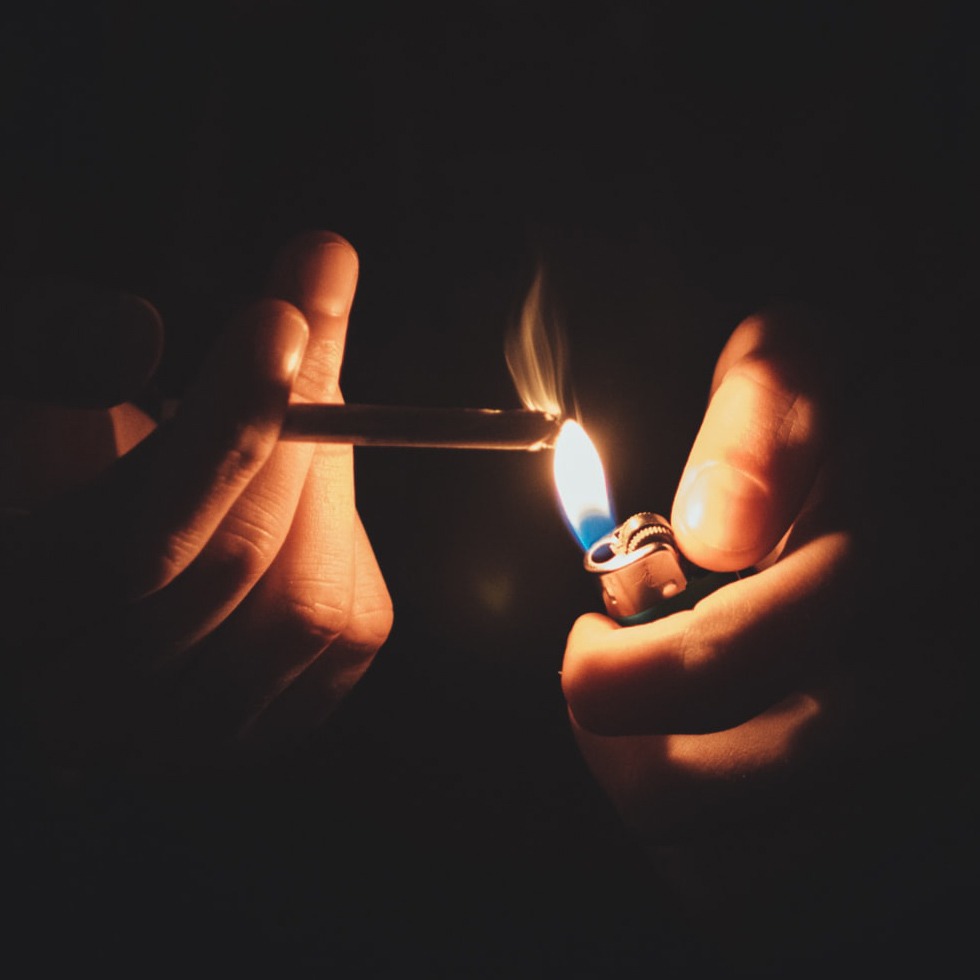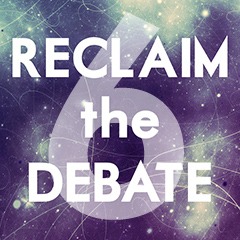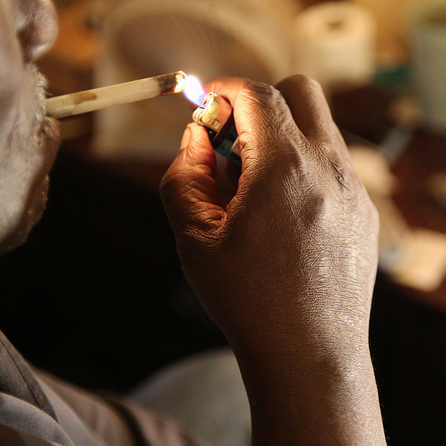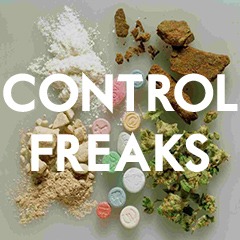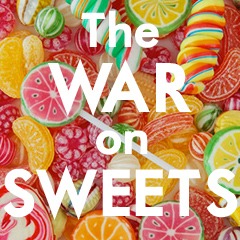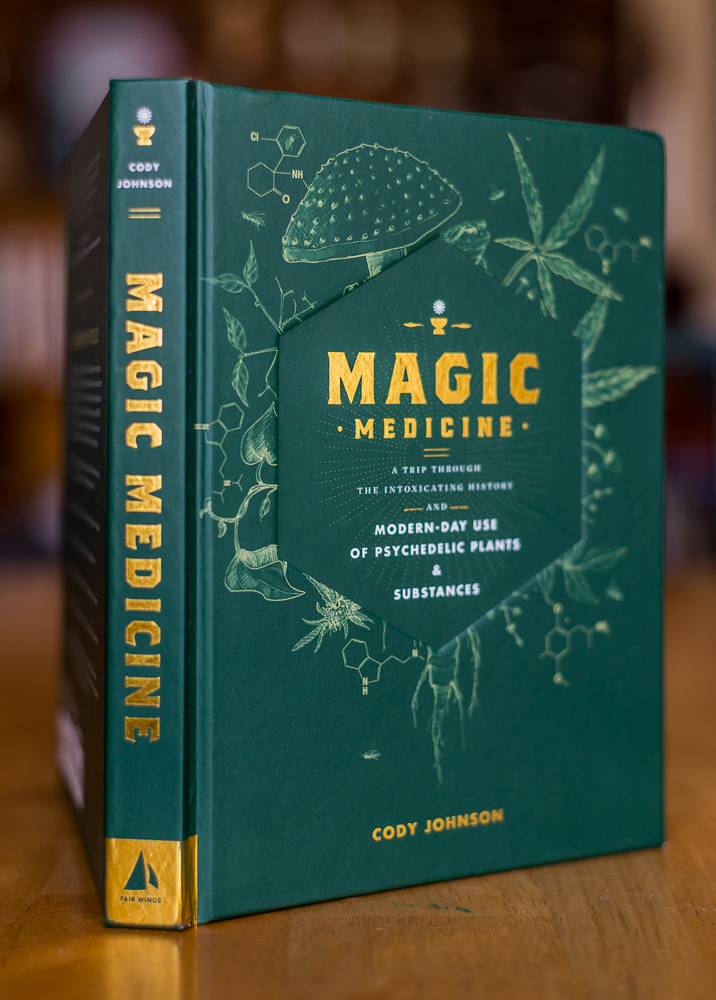This is the third in a six-part series about how the Prohibition debate is tainted by our assumptions and prejudices. You can check out Parts 1 and 2, but they are not necessary for understanding this post.
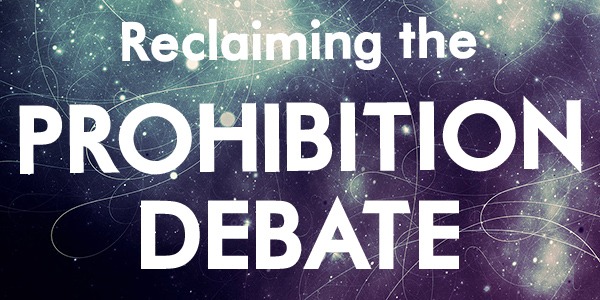
Those who rule symbols, rule us. —Korzybski
Consider the power of words. If we uncritically accept the state-sponsored language, the DEA’s job is to enforce laws that apply to illicit substances. But a humanitarian perspective may sound more like this: the DEA robs and kidnaps individuals who possess, create, or sell some substances, almost none of which are especially poisonous when compared to commonly available items like bleach or gasoline. The DEA is not alone here, but works in conjunction with the state and federal legislatures that draft the laws, the courts that uphold the laws, and local police departments across the country, among other agencies. That these people commit their crimes in uniform does not make them civilized; it just means they’re organized.
When murderers receive lighter sentences than people caught with unauthorized plants and extracts, it’s time to reexamine our notions of criminality and justice.
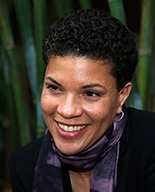
Michelle Alexander, author of The New Jim Crow
The stated intent of politicians waging the War on Drugs is to be “tough on crime.” All presidents since Nixon, particularly Reagan and Clinton, seemed to compete for who could be toughest on drug users. But if you take a good look at the evidence, it’s clear that their policies are mostly tough on poor minorities — and increasingly so. Since the War on Drugs was announced, “crime” has simply been redefined and enforced in a way that targets minority groups, especially poor black males. We have established a racial caste system in all but name.
If this sounds to you like an outlandish conspiracy theory, I highly recommend Michelle Alexander’s article, The New Jim Crow. For a deeper look at the drug war’s racial injustice, check out the highlights from her 2012 talk, Incarceration Nation. Alexander illuminates the deep prejudices in modern America–prejudices we must admit to before we can move forward with sensible drug policy. The excellent documentary, The House I Live In, also reveals the dark side of this “war” in a moving and personal way.
“Criminal” is another weasel word that corrupts our thinking. A criminal must be guilty of something, right? But really, it’s anyone who has done something illegal, something culturally unacceptable. If you look at laws throughout history, illegality is hardly an indication of wrongdoing. Interracial marriage, women’s suffrage, and other civil rights remained illegal in America until recently. Criminality can even be heroic—Rosa Parks became a criminal when she took a front seat on a bus, and Gandhi’s non-violent resistance against the British Empire was criminal. Criminal is a dirty word, but sometimes it’s necessary and proper to be one. Drug use can be a prime example of civil disobedience.
Here’s another convenient fiction: “controlled substances.” (For a deeper analysis of this term, see my post, “Control Freaks.”) Substances aren’t controlled; people are. No plants, substances, or other inanimate objects can ever be compelled by human laws. It’s misleading even to say that “Marijuana is illegal.” It can’t be illegal, because it’s not a human behavior. Better to say that “possession, sale, and cultivation of marijuana by human beings is illegal.” It’s a mouthful but precise.
Like any social cleansing program, the War on Drugs targets a marginalized minority that is easily blamed for societal problems. Again and again, history repeats: we scapegoat, dehumanize, and punish a minority group, celebrating our high-minded civility as we rid society of this “menace.”
This may sound like a nitpick, but actually it’s central to the dialogue of prohibition. We need to stop hiding behind euphemisms that disguise the true nature of our laws. Drugs are not the focus of any law. People are.
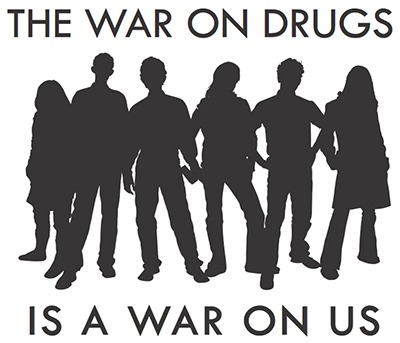
The “War on Drugs” is another term that seems innocent enough at first glance. But it distorts the issue by painting drugs as the opponent, as though the real losers are the substances themselves. Since laws only govern human behavior, the War on Drugs must be a war on people. And it is – a highly selective War on Some People Who Use Some Drugs. What’s worse, a drug’s toxicity and addictive qualities seem to have no bearing on its legality. Even the most cursory analysis shows that the legal status of most Schedule 1 drugs is driven by politics and prejudice, not evidence.
You can’t fight a war on drugs because drugs can’t fight back. Drugs are white powders and green buds. They’re unarmed, unorganized, and unconscious. Drugs don’t go to prison, drugs don’t have their families destroyed by punitive laws, and drugs don’t lose out on opportunities for education, employment, and housing because of felony convictions.
We need to stop hiding behind euphemisms that disguise the true nature of our laws. Drugs are not the focus of any law. People are.
What’s worse, the Drug War is largely waged against people of color and the poor. So let’s call a spade a spade, and stop pretending that this social cleansing program is a war on inanimate, unconscious substances. It’s a war on human beings.
Continue to Part 4 — The War on Sweets.
Liked this post? Subscribe to my RSS feed to get much more!

